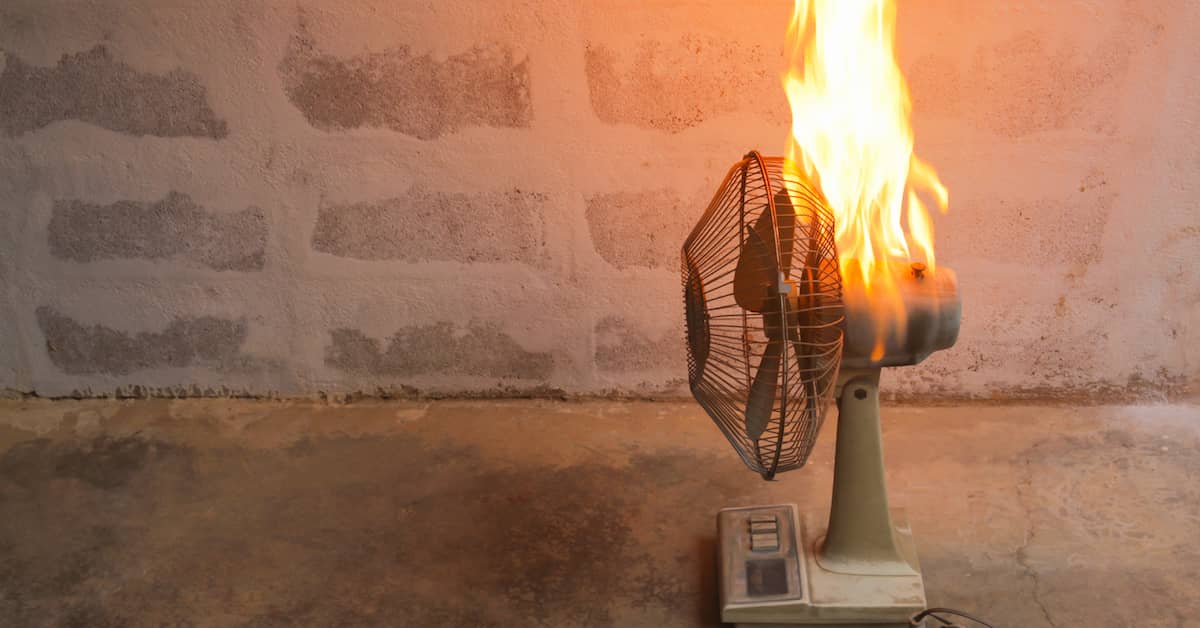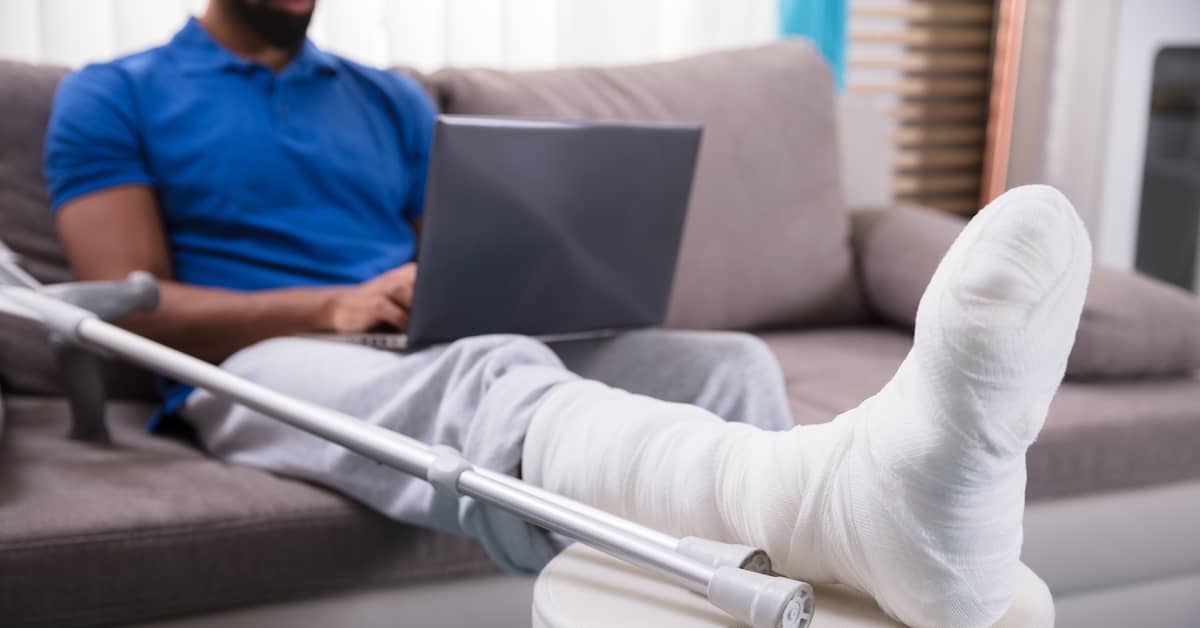Are Product Liability Cases Strict Liability?
Accidents involving product defects and failures can be particularly dangerous because they often happen when we least expect them. For example, you don’t expect your kitchen appliances to catch fire, and you don’t expect your car’s accelerator pedal to suddenly stop working.
As consumers, we have a right to these reasonable expectations. We are entitled to rely on product manufacturers to provide safe and effective products that we can use for their intended purposes. It is for this reason that most product liability cases are governed by the law of strict liability.
5 Types of Product Liability Cases
Strict liability laws in Florida and other states hold product manufacturers strictly liable for accidents and injuries caused by defective products. Under these laws, proof of negligence isn’t necessary to file a successful claim for damages.
However, in some cases it may be easier to prove that a manufacturer was negligent than to prove that a product qualifies as “defective.” As a result, the laws in Florida and other states allow plaintiffs to file negligence claims against product manufacturers as well. In many cases, plaintiffs can also file claims based on contractual or statutory warranties.
With this in mind, here are the five main types of product liability cases:
1. Defective Design (Strict Liability)
Product liability cases based on defective design are governed by strict liability. A product is considered defective in its design if it is unsafe for its intended use even when it is manufactured properly.
For example, if a piece of furniture is top-heavy and doesn’t come with an adequate wall mount to keep it from tipping over, this would be classified as a design defect.
2. Defective Manufacture (Strict Liability)
Product liability cases based on defective manufacture are also governed by strict liability. These cases involve safety hazards and other issues that arise due to issues during the manufacturing process.
This could include issues with the manufacturing process itself (i.e., using the wrong material or assembling a product improperly), issues during manufacturing (i.e., an employee dropping a product on the floor and compromising its integrity), and/or issues with quality control.
3. Failure to Warn (Strict Liability)
The third type of strict liability case is commonly referred to as “failure to warn.” Product manufacturers have a legal obligation to include necessary warnings with their products.
Generally speaking, warnings are necessary when a risk associated with the ordinary use of the product would not be obvious to the average consumer. For example, the tobacco litigation in the 1990s centered on the allegations that the cigarette companies failed to adequately warn consumers of the addiction and cancer risks associated with their products.
4. Negligence
Even if it is not possible to prove that a product is defective, it may still be possible to prove that the manufacturer and/or another company was negligent. Negligence involves breaching a duty of care.
If a product manufacturer fails to adequately supervise its manufacturing processes or fails to conduct adequate quality control, or if a retailer fails to pull expired products from its shelves, these are two examples of scenarios in which consumers could potentially pursue claims for damages based on negligence.
5. Breach of Warranty
Breach of warranty claims offer another alternative to strict liability when it isn’t necessarily clear that a dangerous product qualifies as “defective.” In dangerous product cases, there are three primary types of warranty claims:
- Breach of Express Warranty – Express warranties are written warranties contained in a purchase contract or a product’s documentation.
- Breach of Implied Warranty of Merchantability – The majority of consumer products sold in the United States are subject to an implied warranty that they will function as intended. This is known as the implied warranty of merchantability.
- Breach of Implied Warranty of Fitness for a Particular Purpose – If a manufacturer or seller has reason to know that consumers will use a product for a particular purpose, then it must warranty the product for that purpose.
How Do You File a Product Liability Claim?
Let’s say you think you may have a product liability case. What should you do next? If you have not taken any of the following steps already, you should do so as soon as possible:
- Seek medical treatment for your injuries
- Keep the product’s packaging or container (if you still have it)
- Keep the product and/or its broken parts
- Take photos or video of the product, your injuries, and the location of the accident
- Schedule a free consultation with an Orlando product liability lawyer
Talk to an Orlando Product Liability Lawyer for Free
If you would like to speak with a lawyer about filing a product liability claim, we invite you to schedule a free consultation. Please contact Colling Gilbert Wright by calling (407) 712-7300 today to get started.

 (407) 712-7300
(407) 712-7300































